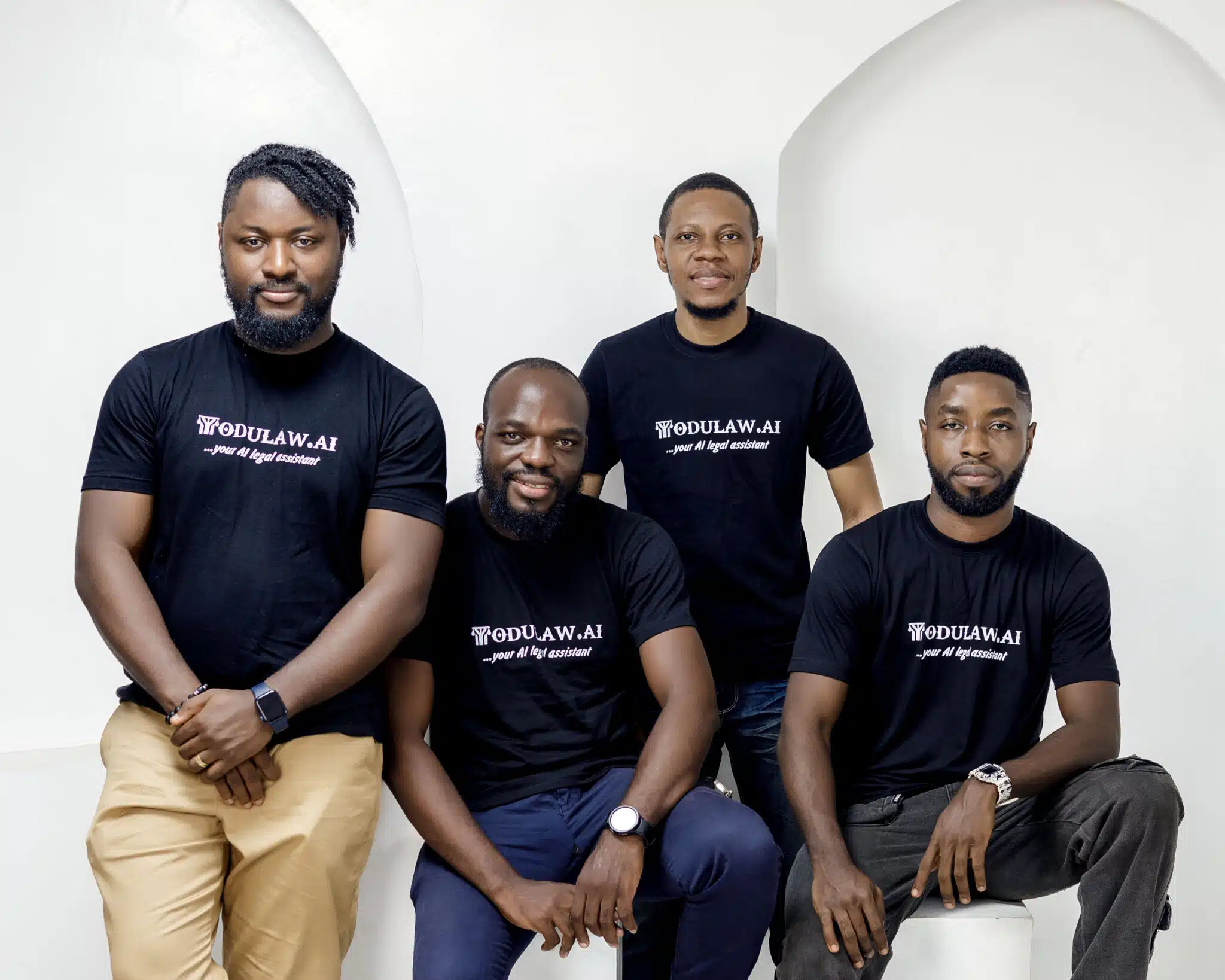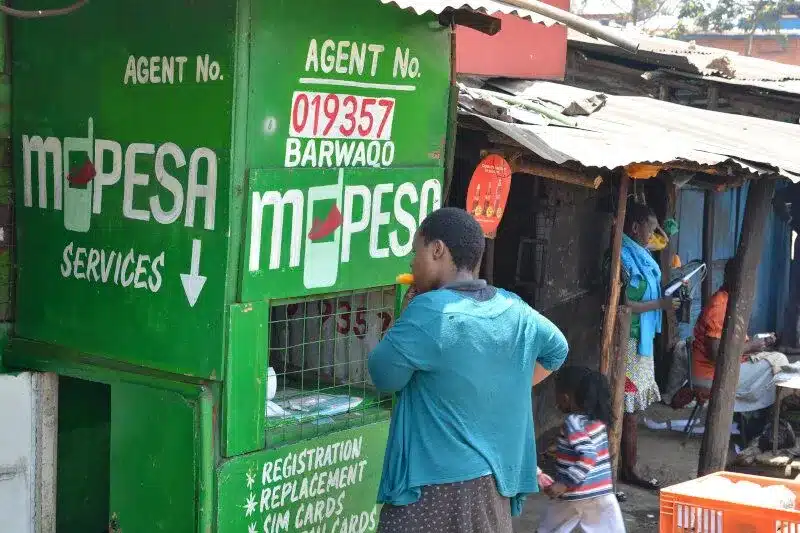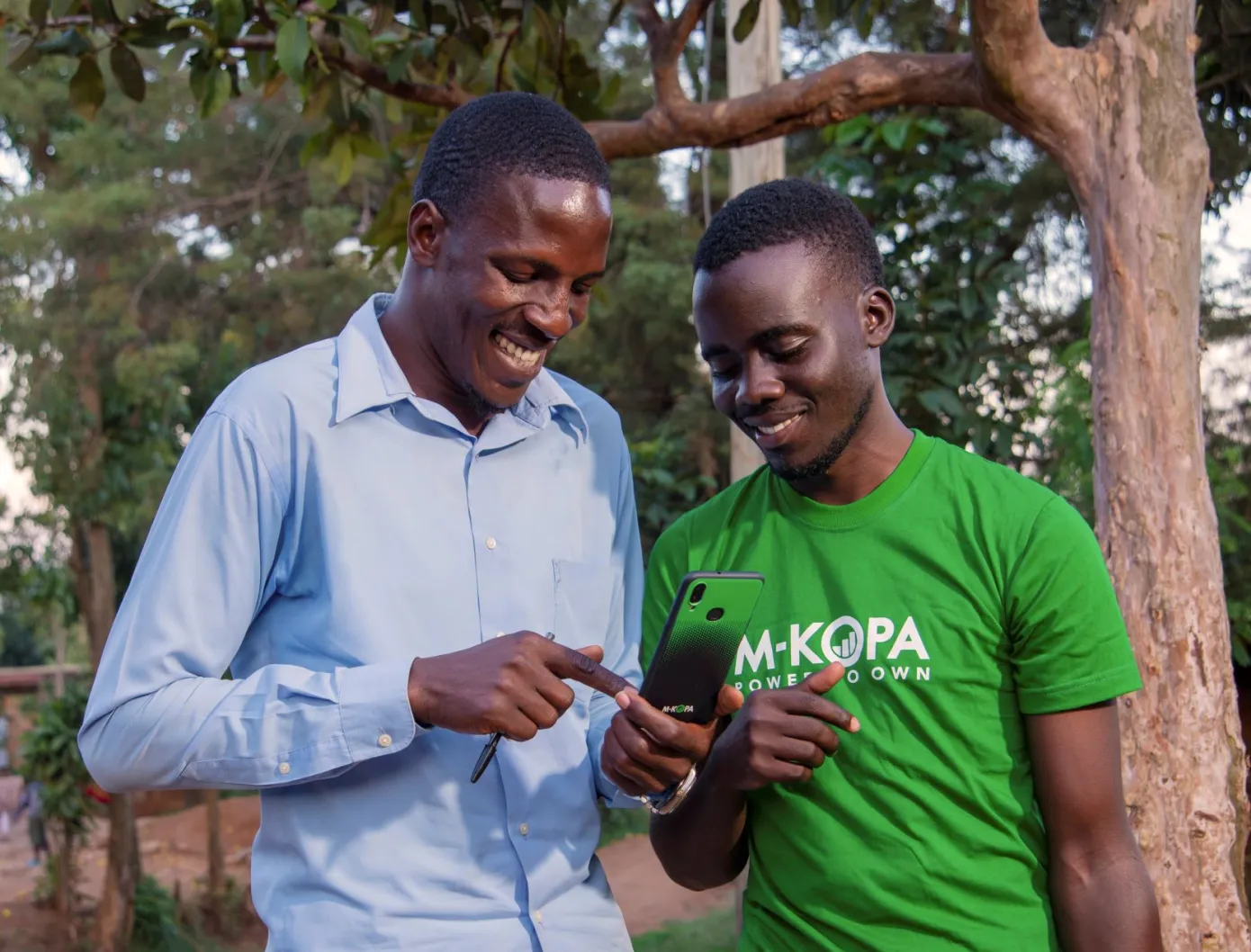Sierra Leone is set to launch its first 5G network powered by renewable energy, marking a significant milestone in the country’s digital and sustainable development. The initiative is a collaboration between local telecommunications company Zoodlabs and African energy services provider CrossBoundary Energy.
Announced at the Digital Government Summit in Freetown, the project involves powering 5G towers with a combination of solar photovoltaic (PV), battery storage, and generator systems. This setup ensures high reliability and minimises reliance on fossil fuels. CrossBoundary Energy is also financing the first five towers to expedite the rollout.
The deployment of 5G technology is expected to provide faster data speeds, lower latency, and greater device connectivity, facilitating advancements such as smart cities, remote healthcare, and Internet of Things (IoT) applications.
Given that Sierra Leone’s broadband penetration stands at just 20.7%, this initiative is poised to significantly enhance digital inclusion and access to quality connectivity for businesses and individuals across the capital.
David Kapkima, CEO of Zoodlabs, emphasised the broader implications of 5G technology, stating that it is foundational for various sectors beyond just faster mobile phones. He highlighted the role of CrossBoundary Energy’s expertise in solar energy solutions in enabling Zoodlabs to power the infrastructure sustainably.
The first 5G towers are being installed in Freetown, with plans to expand coverage throughout Sierra Leone. This project not only signifies a leap in technological advancement for the country but also underscores the potential of renewable energy in powering critical infrastructure, setting a precedent for similar initiatives across Africa.
By integrating renewable energy with next-generation connectivity, Sierra Leone is demonstrating a commitment to sustainable development and digital transformation, potentially serving as a model for other nations in the region.
Across Africa, 5G adoption is gradually increasing, though it remains in the early stages. As of early 2024, 5G penetration on the continent stood at approximately 1.4%, with projections suggesting it could reach over 25% by 2029. In Sub-Saharan Africa, 5G subscriptions are expected to grow to 180 million by 2029, accounting for 16% of all mobile subscriptions.
South Africa leads the continent in 5G deployment, with over 10.8 million subscribers and 50% population coverage as of late 2024. Countries like Nigeria, Kenya, and Ethiopia are also making strides, though challenges such as infrastructure costs, device affordability, and spectrum allocation continue to hinder rapid expansion.

Victoria Fakiya – Senior Writer
Techpoint Digest
Stop struggling to find your tech career path
Discover in-demand tech skills and build a standout portfolio in this FREE 5-day email course
Sierra Leone’s initiative to launch a renewable energy-powered 5G network positions it as a pioneer in sustainable digital infrastructure, potentially serving as a model for other nations in the region.










